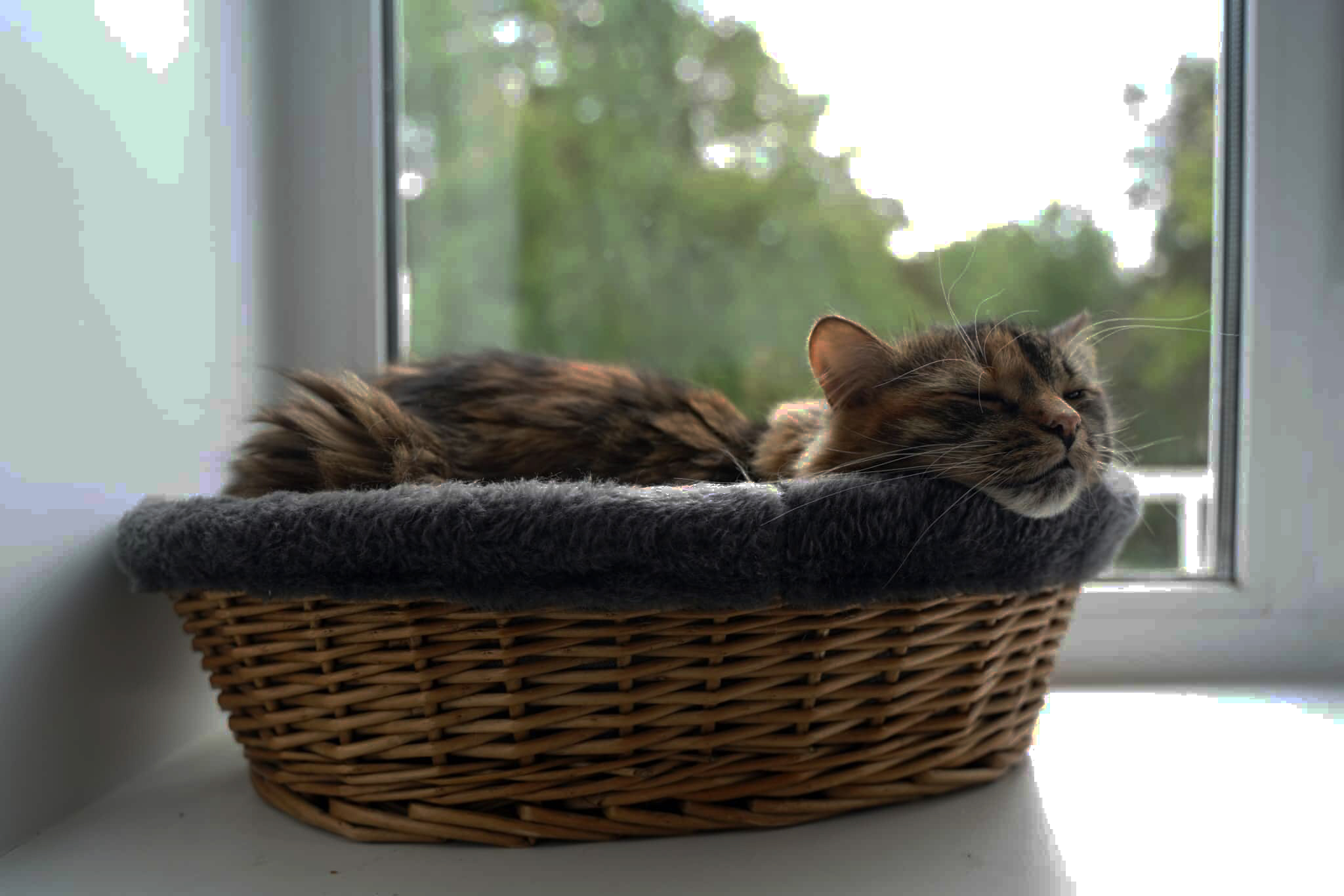Whether you’ve spotted a stray, want to assist a feral cat colony, or just want to make life better for cats in your neighbourhood, here are practical tips you can follow. Please always balance kindness with safety — for both you and the cats.
Observe first — don’t rush in
Take your time to watch the cat(s) from a distance. Note their behaviour, when they appear (time of day), whether they look injured or sick, whether they seem accustomed to people or extremely wary.
Try to identify food or water sources nearby.
Look for possible shelter (under bushes, garages, sheds)
Check if someone is already caring for them (neighbours, feeders).
Provide consistent food, water & shelter
Place fresh water and food (wet + dry) in the same spot daily. Use shallow bowls.
Offer shelter: a small insulated box with straw (never blankets or towels, which hold moisture). If possible, elevate the shelter off the ground and shield from wind/rain.
Avoid sudden changes: keep feeding times and locations consistent.
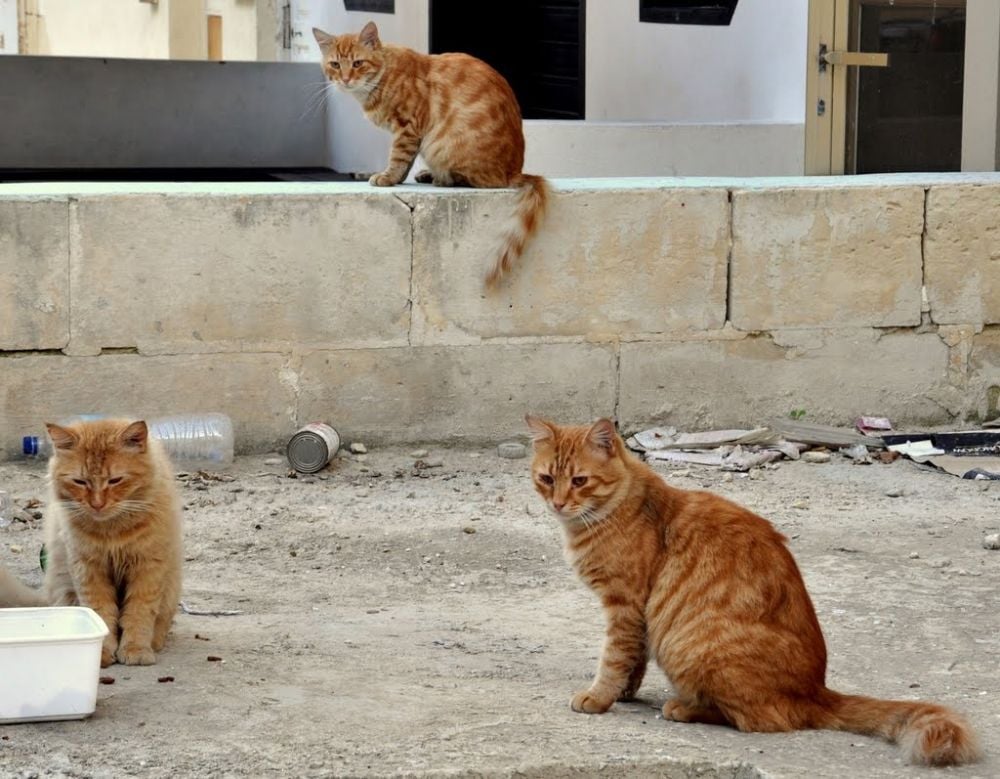
Handling, if safe / possible
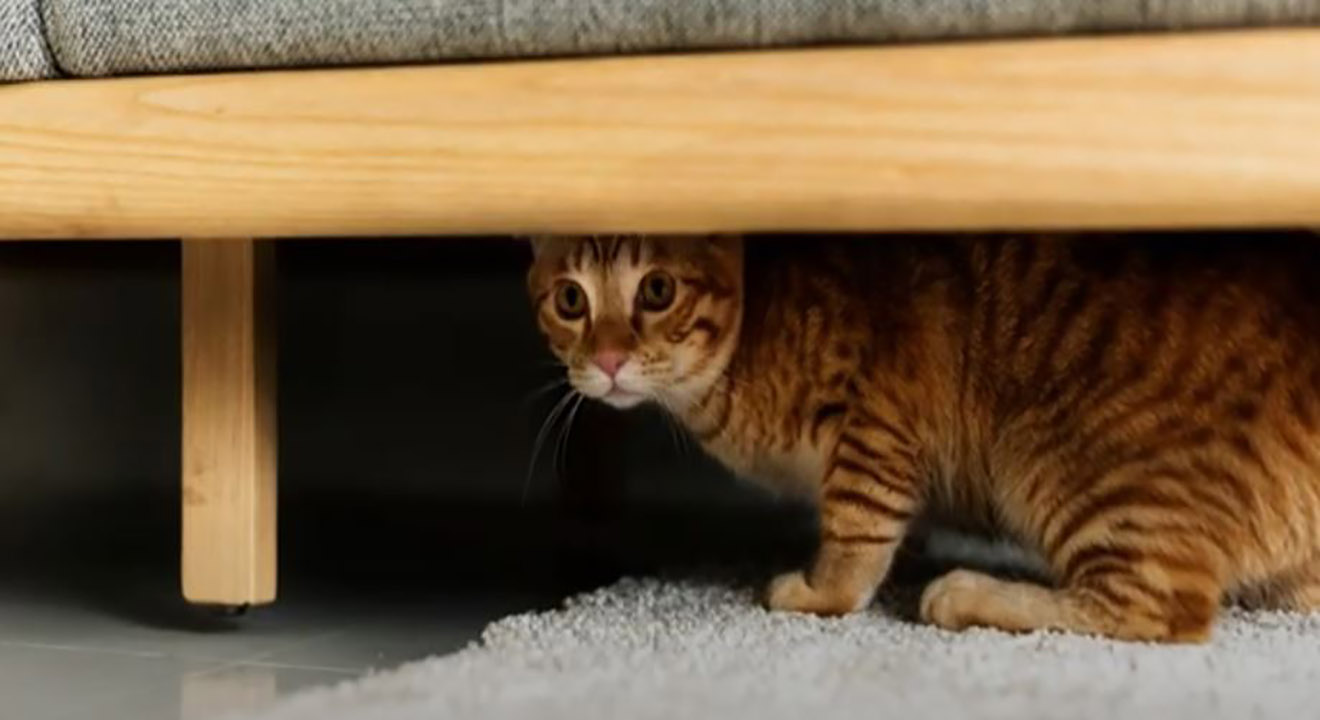
Use caution — even friendly cats may scratch or bite under stress.
Move slowly, make yourself small (sit or crouch).
Use food to coax them — tuna, cooked chicken, or smelly wet food helps.
Use towels or cat carriers for transport when needed.
Avoid forcing contact — let the cat decide to approach.
Basic health checks & interventions
Look for obvious injuries: wounds, bleeding, limping.
Check for fleas, ticks, fleas’ dirt (black specks), ear mites (dark debris).
Watch for respiratory signs, discharge from eyes/nose, sneezing/coughing.
If possible, weigh the cat or its food portions — you can sometimes detect weight loss.
If a cat is severely ill or injured, try to reach a vet. (List local vets in Malta / funds / subsidy programs)
Sterilisation / neutering (spay & neuter)
One of the most effective ways to help a cat population long‑term is to ensure the cats are sterilised.
Contact local trap‑neuter‑return (TNR) programs or vets in Malta.
If doing trapping yourself: use humane traps, check them often (at least twice daily), provide food and water inside while waiting.
Return cats to their territory (if healthy) after recovery — ideally in the same spot, so they don’t wander into conflict areas.
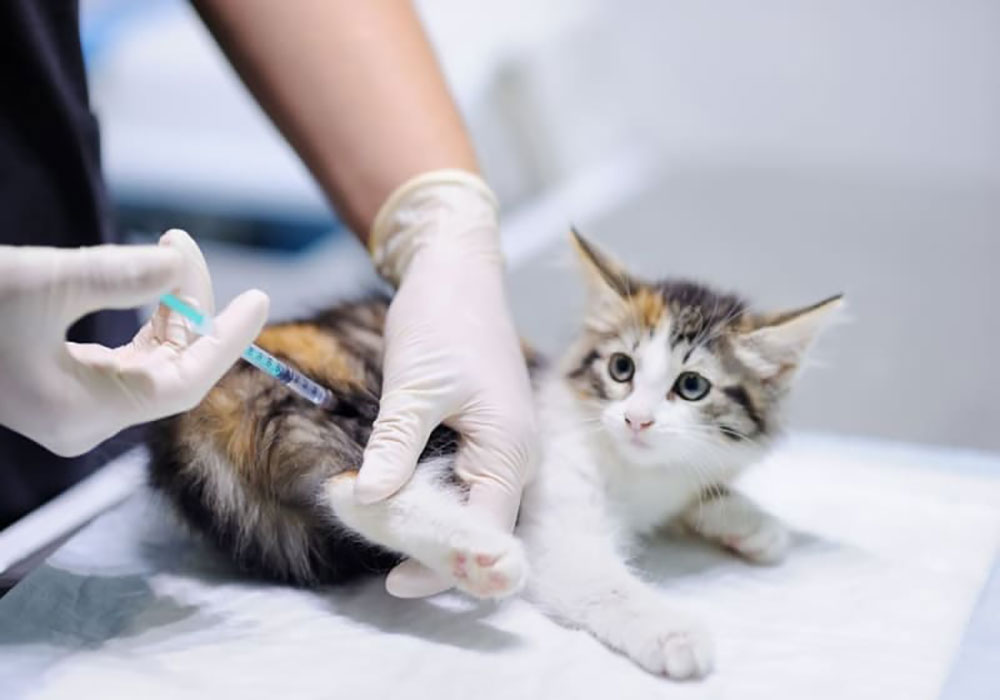
Socialisation & adoption (when possible)
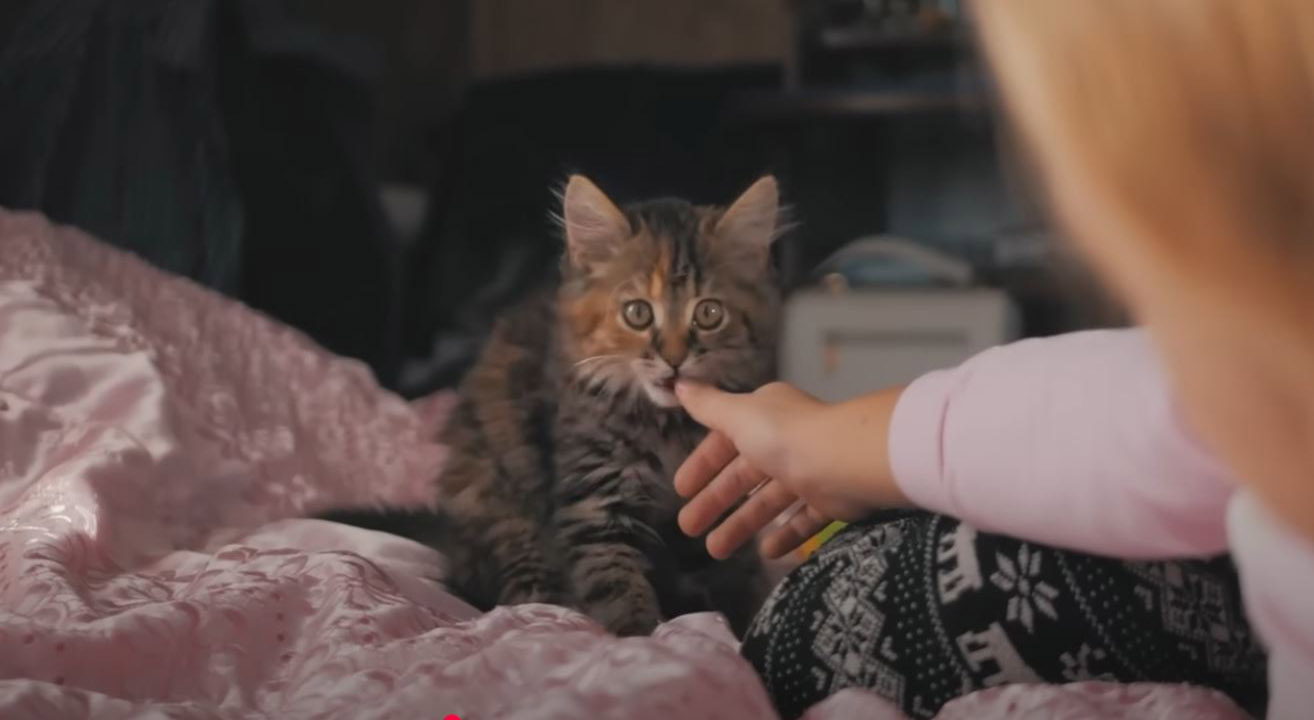
For semi‑friendly or timid cats: gradually introduce safe indoor space (e.g. small room), use hiding spots, soft bedding, food rewards.
Use interactive toys, playing with wand toys to build trust.
Once safe, consider finding a foster or permanent home — advertise (local social media, shelters).
Use “cat safe” transport: carriers padded with soft towels, with minimal stress.
Safety for cats & humans
Always wear gloves when handling unknown cats.
Be aware of zoonotic risks (lice, fleas, ringworm) — wash hands thoroughly.
Use safe cleaning agents for areas where they might defecate (avoid harsh chemicals).
Inform neighbours before trapping, feeding, etc.; avoid conflict.
Don’t feed cats in areas where they become a nuisance (e.g. near neighbours’ doors) — choose discreet locations.
Recordkeeping & communication
Take photos (full body, details) to document conditions and progress.
Keep a simple log: date, what you fed, health observations, actions (e.g. trap set), outcome.
Create or join a WhatsApp / Messenger / Telegram group or a Facebook group for cat carers in your area.
Share updates, appeal for help, coordinate with others.
Networking & collaboration
-
Connect with local animal welfare NGOs, shelters, vet clinics, community groups.
-
Seek donations (food, carriers, blankets, funds) via social media or local businesses.
-
Host “cat care workshops” or info sessions in your community.
-
Partner with schools, community centres — talk about humane cat care.
Legal & ethical considerations in Malta
Check Malta’s laws regarding stray animals, feeding in public spaces, trap regulations — avoid doing something that could be illegal.
Respect private property: always ask permission if placing food or traps near someone’s land.
Be transparent with neighbours: explain your good intentions and ask for understanding.
Basic Checklist
Task
Frequency
Notes
Fresh food & water
Shelter check & cleaning
Trap check
Health observation
Record keeping update
Share with community
Daily
Weekly
Twice daily
Daily
Weekly
Monthly
Same spot, shallow bowls
Replace soiled bedding, check for pests
If trapping for sterilisation
Note changes, injuries, weight loss
Photos + notes
Social media, group forums


